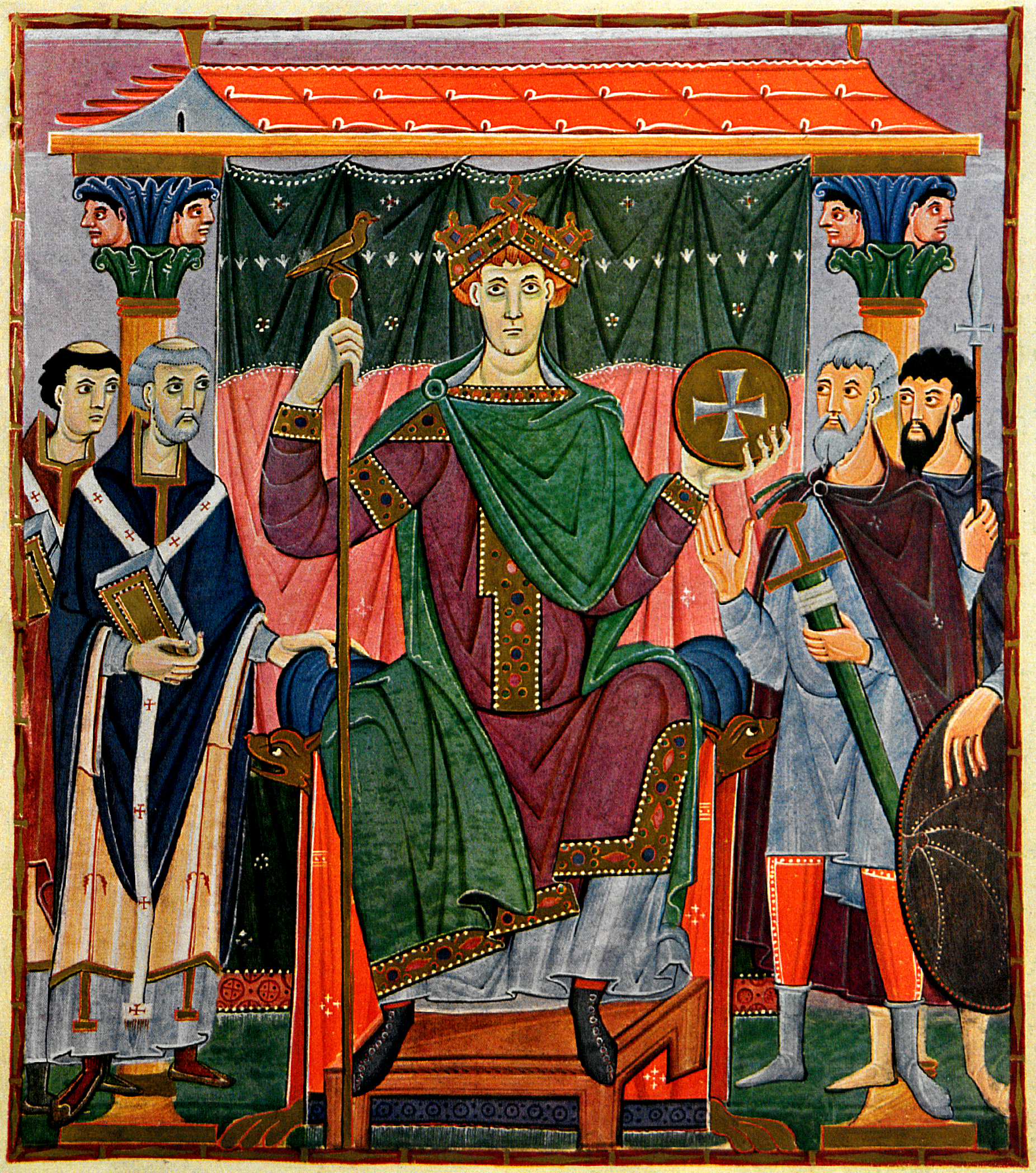The author of this book, "A Guide to the Phantom Dark Age", has reached such
a high level of un-ironic Velikovskianism that even Immanuel Velikovsky himself
would have fainted after seeing this material. I can already hear the old
doctor scream (in a Jewish-Russian accent) “noooo, that's not what I mean”. Be
careful what you wish for!
OK, seriously. This book, by Emmet Scott, exposits and defends the ideas of German “chronological revisionist” Heribert Illig. On some minor points, the author amends Illig's original thesis. The so-called phantom time hypothesis (at least in this version) claims that around 300 years of *recorded* world history *never in fact happened*, the phantom centuries in question being roughly the 7th, 8th and 9th centuries. Presumably, we are therefore now in AD 1718, not AD 2018. The three phantom centuries were invented by German emperor Otto III as a way of claiming legitimacy to the “Roman” throne. Otto III therefore ordered Catholic monks to invent 300 years of history, including Charlemagne and the entire Carolingian dynasty (which hence are purely legendary under this scenario). While the author argues quite persuasively on the basis of various kinds of evidence that this simply must be true, the case is obviously absurd.
First, as Scott himself points out, historical chronicles from different countries are consistent with each other, so the only way to make the theory stick is to postulate a grand conspiracy involving *all* Catholic scribes in Europe, including in nations not controlled by the Ottonian emperors. Second, Scott believes that the so-called European Dark Age never actually happened, but if so, how could 300 years of history simply be invented without anyone outside the monkish caste noticing? (It would have been easier to falsify history if a prolonged dark age *did* happen.) Third, and most damningly, European chronology is consistent with Byzantine and Muslim ditto. Scott never really explains why the Byzantines would have been in on the bluff. Some Byzantine emperors tried to maintain friendly relations with Otto III, but Byzantium was more advanced than Western Europe at this point. Why would every Byzantine intellectual (or later emperor) cooperate with Otto III's monumental fraud, falsifying three centuries of Byzantine history? This stretches credulity, even if we assume that one or two emperors for propaganda reasons accepted the bluff. (Note what this means: both Charlemagne and Empress Irene must be fictitious, for instance!)
As for the Muslims, I admit that Scott *may* be on safer ground there, since there are unanswered questions about Muhammad and the Arab Conquest. The life of Muhammad wasn't written down until about 200 years later, making it impossible to *really* know exactly what happened. That being said, I think the needed pan-European conspiracy and Byzantine-Latin collusion is enough to damn this (admittedly intriguing) thesis.
Yes, this really is peak Velikovskianism.

No comments:
Post a Comment